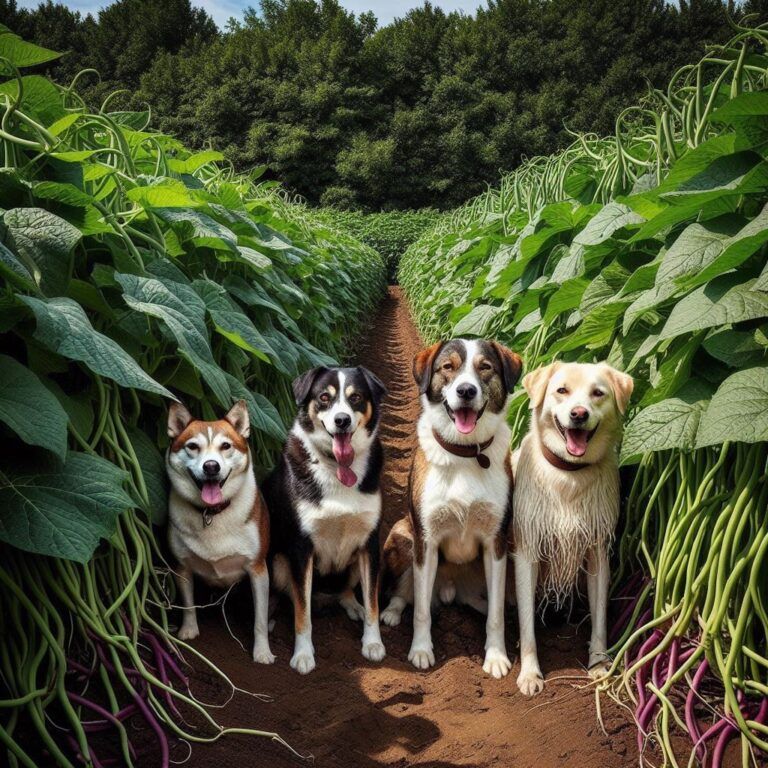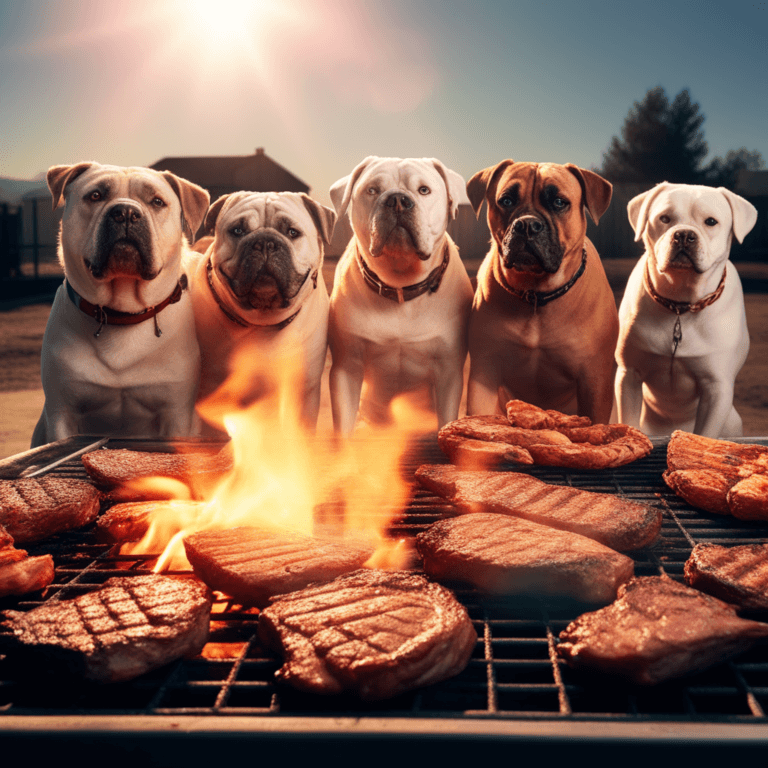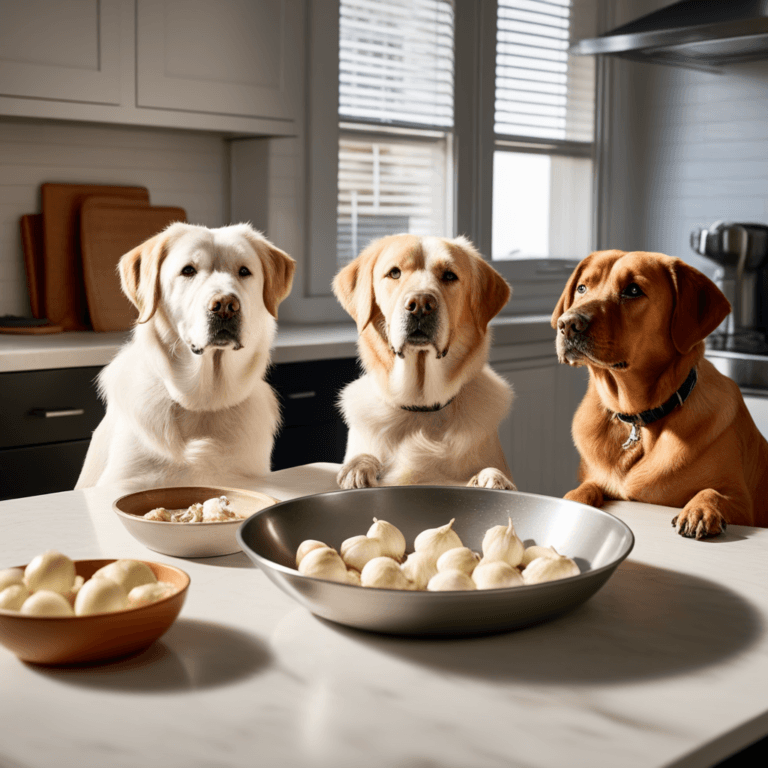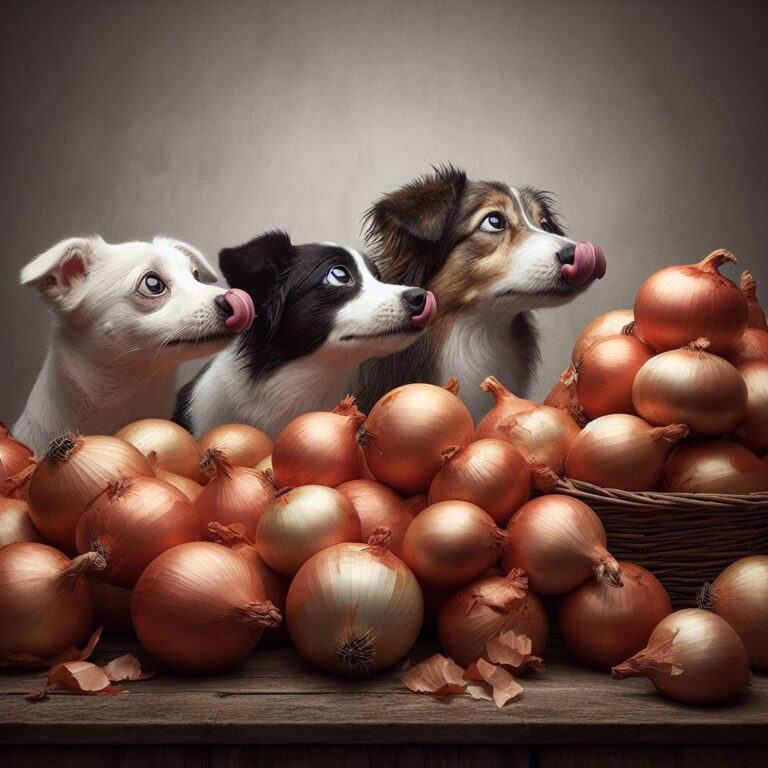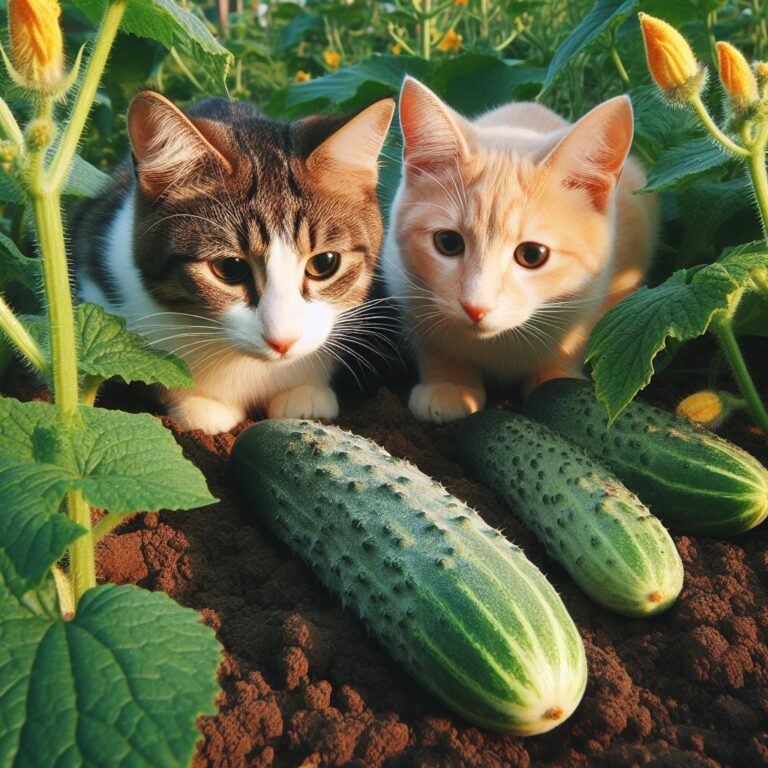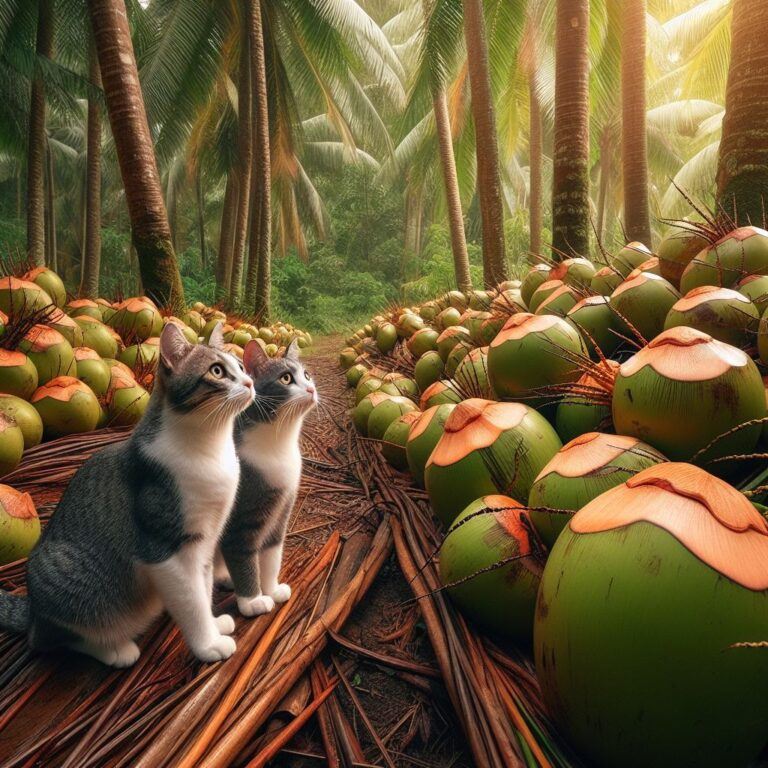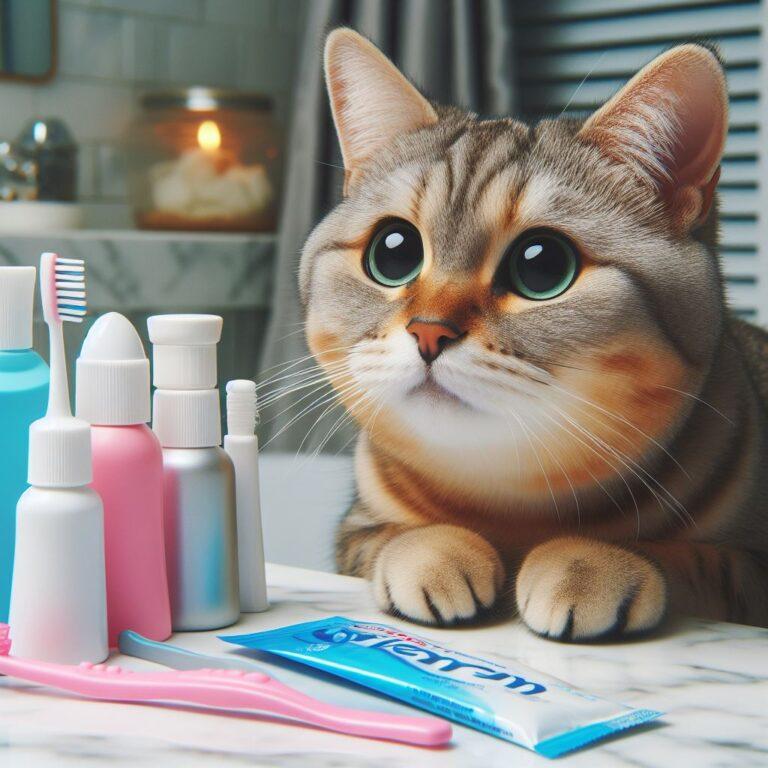Can Dogs Safely Eat Green Beans
Absolutely, dogs can safely indulge in the vibrant, crunchy delight of green beans. Packed with vitamins A, C, and K, green beans contribute to your dog’s immune system, skin health, and blood clotting capabilities. Beyond these vitamins, green beans are a fantastic source of dietary fiber, fostering a healthy gut and regular bowel movements. Nutritional…

